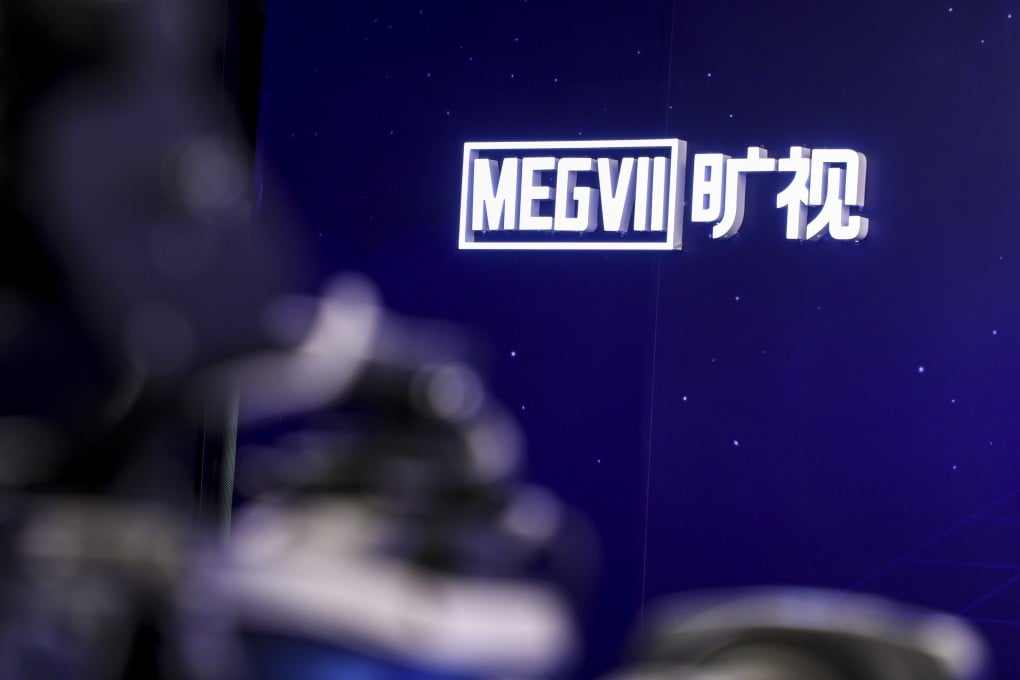Megvii makes deep learning AI framework open-source as China moves to reduce reliance on US platforms
- Initially developed in 2014, MegEngine is part of Megvii’s proprietary AI platform, Brain++
- China’s reliance on US-originated deep learning frameworks is seen as a significant gap in its AI ecosystem

Chinese artificial intelligence (AI) start-up Megvii Technology announced on Wednesday that it would make its deep learning framework open-source, as China steps up the development of home-grown AI and makes the technologies more accessible.
Initially developed in 2014, MegEngine is part of Megvii’s proprietary AI platform, Brain++, which can train computer vision at large scale and enable developers across the world to build AI solutions for industrial and commercial use, according to the Beijing-based company.
“If we liken the process of algorithms creation to cooking a meal, then data is the raw material and computing power the stove fire,” explained Tang Wenbin, Megvii’s co-founder and chief technology officer at a live-streamed launch event on Wednesday. “Those algorithms would still need a framework to carry them and MegEngine is the pot.”
“The latest tide of AI cannot live without deep learning technologies, whose development has everything to do with open-sourced infrastructures,” said Gao Wen, a Peking University professor who is also director-general of the country’s New Generation AI Technology Innovation and Strategic Alliance.
Established open-source platforms like TensorFlow and Pytorch – both from the US – democratise deep learning, allowing almost anyone to feed data into these models and start training their own AI systems without having to create their own from scratch.